How We Picked the Top 10 Essential Medical Books
Selecting the top medical books wasn’t random. We focused on the resources that have stood the test of time and are trusted by students and professionals alike. Here are the criteria we used to curate this list:
- Relevance: Updated content aligned with the latest advancements in medical education.
- Clarity of Presentation: Clear language, organized content, and effective illustrations.
- Endorsements: Positive reviews from medical students, faculty, and professionals.
- Practicality: Books that include tips, techniques, and methods to solve real-world medical challenges.
Now that we’ve outlined the “why” and “how,” let’s take a look at the essential medical books that every aspiring doctor should have.
1. HEC LAT Preparation Books
If you’re just starting your medical education, passing entrance exams like the HEC LAT is critical. Top preparation books for HEC LAT include comprehensive coverage of logical reasoning, analytical thinking, and English grammar, making them indispensable for aspiring medical students.
Look for options with practice exams and detailed solutions—they’ll help you gain confidence and time management skills.
2. KIPS MDCAT Books for Medical Entrance Exams
The KIPS MDCAT books are entirely focused on students preparing specifically for the MDCAT. These books simplify complex concepts in biology, chemistry, and physics, helping you break them down efficiently. Plus, they offer mock exams that mirror the real MDCAT experience.
3. Essential Anatomy and Physiology Textbooks
No medical student can get by without solid foundation books covering anatomy and physiology. Titles like “Gray’s Anatomy for Students” or “Human Anatomy & Physiology” by Elaine N. Marieb are highly recommended for their clear illustrations and straightforward explanations.
4. Clinical Medicine Guides
Once you move into clinical rotations, understanding bedside manners and patient cases will become essential. For this, “Davidson’s Principles and Practice of Medicine” is an invaluable resource that explains the link between science and patient care.
5. Medical Ethics and Professionalism Books
Ethics are at the heart of medical practice. Books like “Medical Ethics and Professionalism” by Dr. Samuel Packer prepare you to handle dilemmas and public trust with integrity and professionalism.
6. Pharmacology and Pathology References
For pharmacology, “Katzung & Trevor’s Pharmacology” provides in-depth knowledge of drug mechanisms and interactions. When it comes to pathology, “Robbins & Cotran Pathologic Basis of Disease” delivers a gold-standard explanation that bridges basic science and clinical practice.
7. Surgical and Clinical Skills Manuals
For hands-on skills, “Clinical Procedures in Emergency Medicine” by Roberts and Hedges offers detailed instructions on key techniques you’ll use throughout medical training and beyond.
8. Textbooks Focused on Medical Specializations
Want to pursue pediatrics, cardiology, or neurology? Books like “Nelson Textbook of Pediatrics” or “Braunwald’s Heart Disease” are critical resources that make specialization more approachable.
9. Diagnostic and Therapeutic Guidelines
When dealing with patients, diagnostic tools are your guiding compass. Resources like “Current Medical Diagnosis and Treatment” by Maxine Papadakis et al. are packed with up-to-date best practices for medical diagnosis and therapies, making them a must-read.
10. Research Methodology and Evidence-Based Medicine Books
If you’re planning to align yourself with academia or research, “Understanding Clinical Research” by John B. Taylor is essential for learning research methods and producing high-quality, evidence-based outcomes.
How to Use Medical Books Effectively
Having a great set of medical books is one thing; using them effectively is another. Here’s how to make the most of these incredible resources:
- Active Reading: Don’t just skim textbooks. Highlight key points, draw diagrams, and summarize chapters in your own words for better retention.
- Set Study Goals: Divide books into manageable sections and set a timeline to ensure systematic learning.
- Collaborate: Study groups can help you gain different perspectives on tough topics. Share insights and quiz each other using the notes and highlights from the books.
- Always Reference Tasting Notes: Use the book’s indexes and summaries to efficiently address specific questions during revisions.
Remember, success in medicine isn’t about cramming—it’s about understanding and application.
Invest in Your Learning Today
Your future patients will thank you for investing in the best medical resources today. The books on this list will serve as a strong foundation for your medical training. Whether you’re preparing for HEC LAT, KIPS MDCAT, or learning anatomy and clinical procedures, these resources are sure to guide you every step of the way.
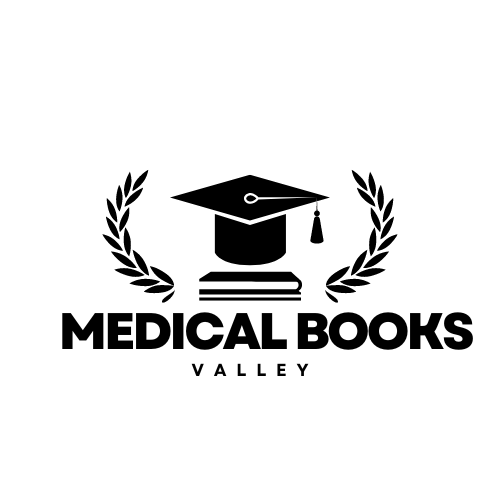
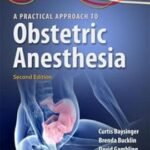 Anaesthesia books
Anaesthesia books Behavioral Science Books
Behavioral Science Books Cardiology Books
Cardiology Books Obstetric and Gynecology
Obstetric and Gynecology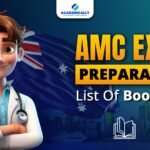 AMC Books
AMC Books Prepladder Notes
Prepladder Notes Stethoscope
Stethoscope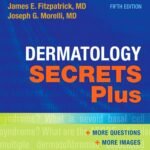 Dermatology Books
Dermatology Books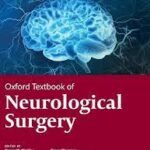 Neurosurgery Books
Neurosurgery Books Dentistry Books
Dentistry Books ENT Books
ENT Books Anatomy Books
Anatomy Books Biochemistry Books
Biochemistry Books Biostatistics Books
Biostatistics Books Plab Books
Plab Books Radiology Books
Radiology Books Surgery Books
Surgery Books